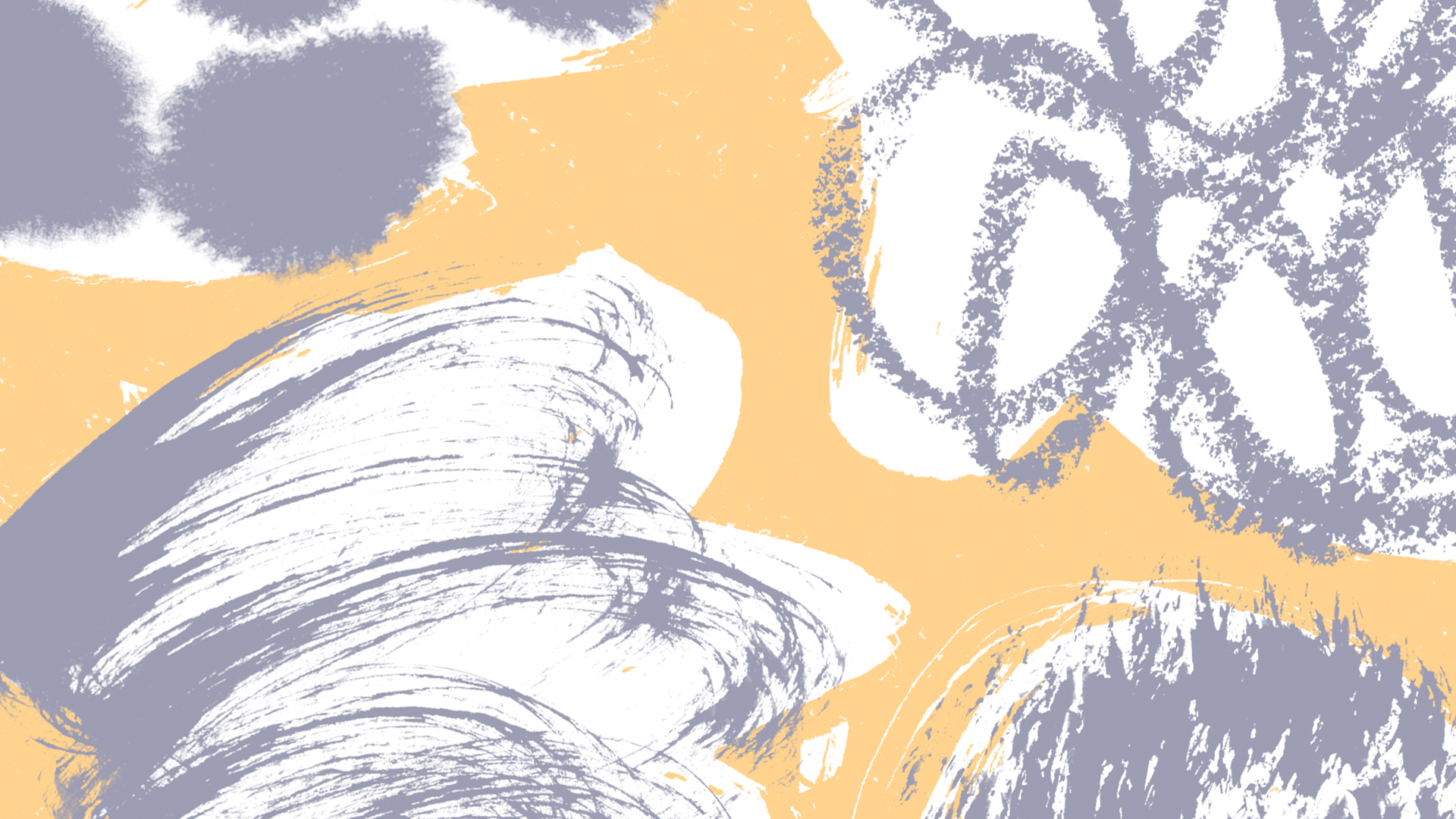Breadcrumb
Everyone in a workplace has legal obligations to create a safe workplace. These obligations are called WHS duties.
To work out what your WHS duties are, you need to know what your role is in the workplace.
Your role might change if you work in different jobs. For example, if you are a freelancer or independent artist who works in different workplaces, or on different projects or collaborations, or do paid as well as unpaid work. Understanding WHS roles and duties goes hand in hand with understanding the different work arrangements.
This page has information about the roles and duties of:
- Workers — anyone who does work (paid or unpaid) for a business or organisation
- Officers — someone in a leadership position who makes decisions about the business or organisation's overall safety and management
- Persons Conducting a Business or Undertaking (PBBU) — anyone responsible for keeping workers and others safe.
Workers — your role and duties
A worker is anyone who does work, paid or unpaid, for a business or organisation.
It includes employees, independent contractors (e.g. freelancers, self-employed creatives and independent artists) and volunteers and other unpaid workers.
Workers can include performers, musicians, actors, crew members, curators, designers, stagehands, and anyone else contributing to a production, exhibition, or event.
Your duties as a worker
Workers have responsibilities to:
- Follow safety instructions: Understand and comply with safety procedures, such as using protective gear or reporting hazards.
- Speak up: Report unsafe conditions or incidents to supervisors or managers. For example, a volunteer in a gallery should report damaged display equipment that might harm patrons.
- Use equipment safely: Operate tools and machinery as trained and intended. For example, musicians should follow setup instructions for sound equipment to prevent electrical risks.
Officers — your role and duties
An officer is someone in a leadership position who makes decisions about the business or organisation's overall safety and management.
An officer is responsible for setting up systems to keep everyone safe at work.
For example, an officer could be the board member of a theatre company, a gallery director, or the executive director of a music festival who is responsible for ensuring workplace health and safety systems are in place and followed.
There may be more than one officer in a medium or large business or organisation. In a small business, the officer may also be the PCBU. Learn more about PCBUs.
Your duties as an officer
Officers have a duty to ensure the business complies with WHS laws. This means they must:
- Understand WHS: Officers must know the key risks in their organisation and ensure they are being properly managed. For example, they should be aware of emergency plans for a museum or safety systems on a film set.
- Ensure resources and processes are available: Officers are responsible for allocating adequate resources for safety, such as training for workers or appropriate personal protective equipment (PPE).
- Monitor and review: Officers need to regularly review WHS practices, such as investigating incidents and improving systems as needed.
Persons Conducting a Business or Undertaking (PCBU) — your role and duties
A person conducting a business or undertaking (PCBU) describes anyone responsible for keeping workers and others safe. A PCBU can include a wide range of organisations, businesses and people that carry out business activities.
PCBUs can include:
- independent contractors — A person who operates their own business. For example, a freelance graphic designer or independent contractor.
- companies — Businesses that employ creative and non-creative workers. For example, a film production company or design studio.
- business owners — People who own and run businesses. For example, a gallery owner or a theatre director.
- partnerships — A group of individuals who jointly conduct a creative business. For example, a group of musicians forming a band with a formal business structure.
- unincorporated associations — Groups that are not formally registered as companies but conduct creative activities. For example, a community theatre group.
- government departments or public corporations — Entities that may take on creative projects or employ creative professionals. For example, a government arts council or public broadcasting corporation.
PCBUs are responsible for ensuring the safety of everyone in the workplace, including:
- workers — employees including casuals, independent contractors (e.g. freelancers, self-employed creatives and independent artists), and volunteers and other unpaid workers. Learn more about workers.
- patrons and visitors — audience members, gallery patrons, and others engaging with your business or organisation.
Your duties as a PCBU
Under WHS laws, the key duties of a PCBU are to:
Identify and manage risks
- Regularly look for hazards. For example, unsafe equipment, electrical risks, undesirable behaviours, or trip hazards in performance spaces.
- Take reasonable steps to minimise risks. For example, ensure proper lighting and secure equipment cables to prevent trips during events.
Learn more about managing hazards and risks.
Provide safe systems of work
- Develop procedures for high-risk tasks, like setting up lighting rigs or transporting heavy props.
- Make sure workers know how to use equipment safely and follow procedures.
Learn more about high risk work.
Consult with workers
- Talk with workers about safety concerns. For example, consult performers before using smoke effects in a production to address visibility and respiratory risks.
Learn more about consulting with workers.
Provide training and information
- Train workers on safety protocols. For example, how to use personal protective equipment (PPE) or follow fire evacuation plans.
- Share safety information that is easy to understand.
Learn more about workplace safety training.
Maintain equipment and workspaces
- Keep tools, machinery and workspaces in good condition. For example, regularly check theatre lighting for faults and repair any issues immediately.
Keep learning
More in this section:
Creating a safe workplace
Safe workplaces keep the arts thriving for everyone. Workplace safety is also the law.
WHS consultation: Talking about safety
Work health and safety consultation means talking and listening to workers about health and safety issues.
Managing hazards and risks
Identifying hazards and taking proactive steps to manage risks creates safer work environments, prevents injuries and helps workplaces meet their legal obligations. It is crucial for every creative workplace.
The positive duty to prevent sexual and sex-based harassment
Businesses and organisations have a legal obligation to take steps to prevent sexual harassment or sex-based harassment from happening. This is called a positive duty.
Worker safety training
All workers need workplace safety training – whether they are new to the job or highly experienced.
Safety reporting, monitoring and record keeping
Understanding how to report, monitor and record safety issues helps prevent accidents, meet legal obligations and support everyone in the workplace.
Emergency safety planning
Follow the steps on this page to help you plan for an emergency. Having a clear, well-communicated emergency plan ensures the safety of workers, audiences, and other visitors, and helps workplaces comply with work health and safety (WHS) laws.
Workers compensation insurance
Workers compensation insurance covers workers and organisations financially if a worker is injured or ill because of work.
Getting help with work health and safety
Check with the WHS regulator in your state or territory for requirements that are specific to your workplace. WHS laws are generally consistent across Australia, but they can sometimes vary depending on where you are.










